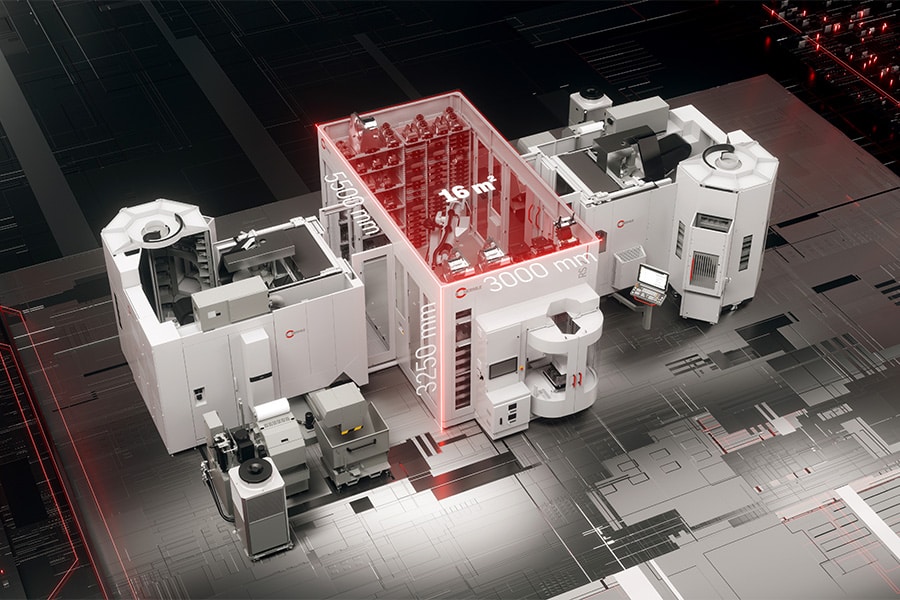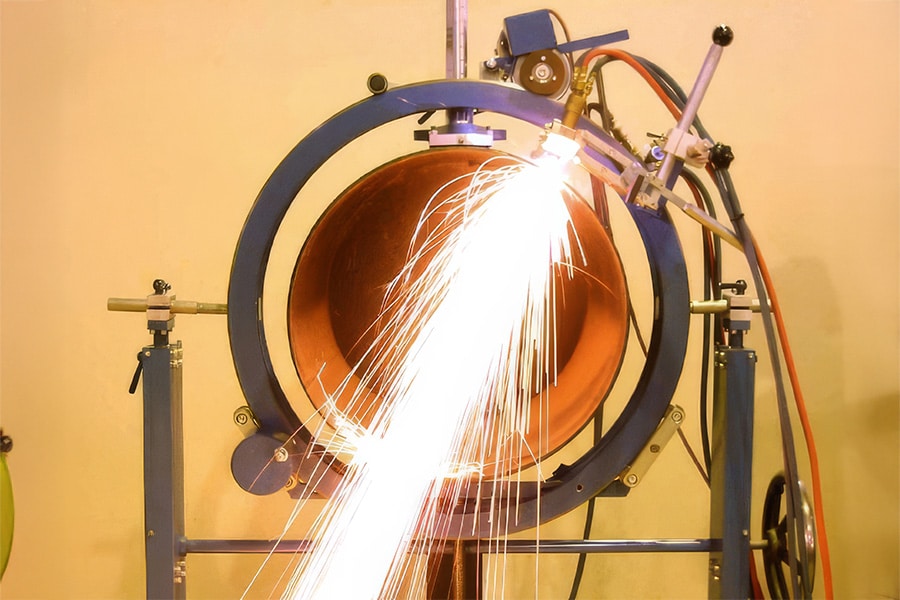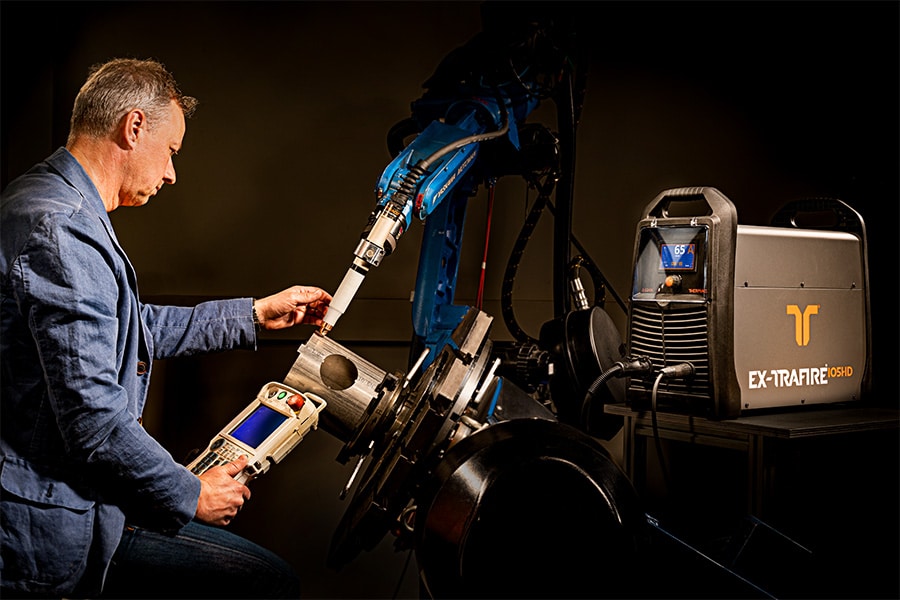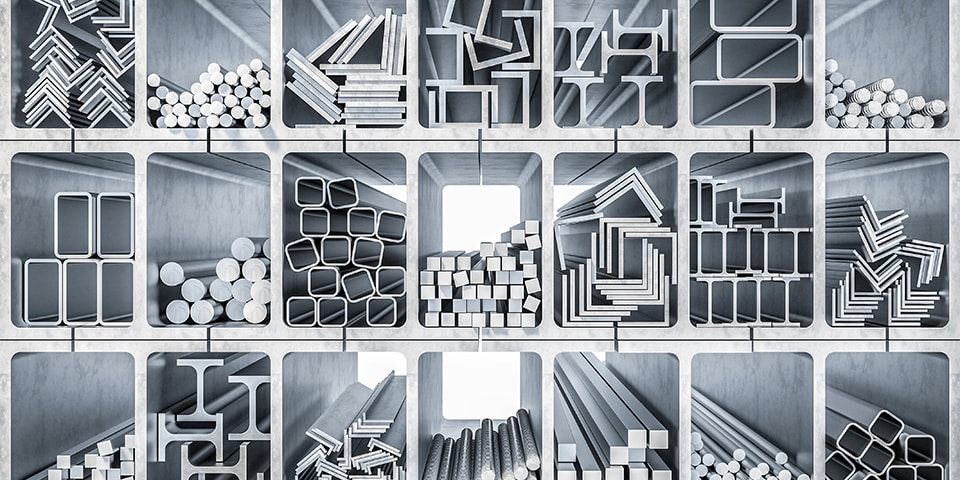
Should there be European carbon taxes on Chinese steel?
Since the United States introduced import tariffs of 25% on Chinese steel last year, European steel producers have also been looking to Europe for action. After all, due to overcapacity in the East and stricter regulations around CO2-emissions in the West, their margins fall dramatically. Therefore, should there be a CO2-tax on steel coming from China?
The steel industry ranks as one of the main drivers of CO2-emissions. In absolute numbers this may be true, for every ton of steel that rolls out of the steel mills, 1.7 tons of CO2 into the air. Combined with the high volume, each inhabitant of Europe consumes 1 kg of steel per day, that results in a final balance of 6% of total industrial emissions. But that only tells part of the story. Steel is at the same time a sustainable product because it is infinitely recyclable. If you add the recycling figures to this equation, you get a different story: per ton of steel, only 0.8 tons of CO2 the sky. This keeps steel production even below the figures of the dairy industry.
Efforts requested from steel sector
Yet it does not stop the European Union from looking critically at the sector and calling for efforts to reduce CO2-emissions. That is why the Emissions Trading Scheme ETS was launched. Those covered by it must pay for every ton of CO2-emissions submit one allowance.
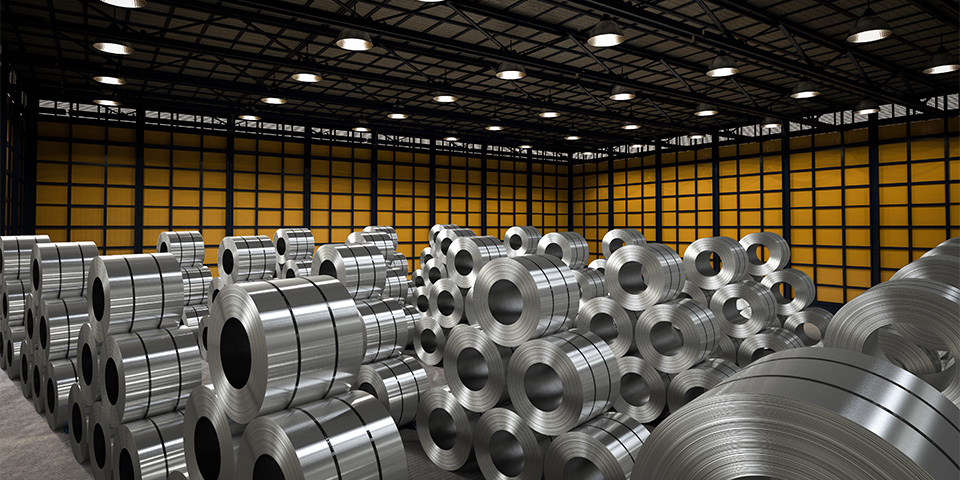
For every ton of steel that rolls out of steel mills, 1.7 tons of CO2 goes into the air, but if you add recycling figures to the equation, it's only 0.8 tons of CO2. (Image: Phonlamai Photo)
The total number of available allowances is limited but installations are allowed to freely exchange these allowances among themselves. But each year the number of available allowances decreases, causing scarcity on the market. Installations then have a choice: either emit less or buy emission rights. For a long time, steel producers could get an exemption because of the weaker competitive position they would end up in. That too now seems to be quietly coming to an end.
Creating a level playing field
To still create a level playing field, voices are now calling for Europe to follow the example of the United States and fish out incoming Chinese steel. Among others, Aditya Mittal, top executive of steel group ArcelorMittal has already spoken out in favor of introducing a European CO2-tax on Chinese steel. That should make up the difference and give European steelmakers more breathing room again. By boosting capacity in China, the country has increased its share of global production from 10% in the late 1990s to more than 50% today. Increasing production capacity, by the way, was accompanied by huge government subsidies. It led to overcapacity and price dumping. Steel imports in Europe in the first quarter of 2019 were 7% higher than the year before and even 14% higher if one looks back even a year further. The United States already introduced import tariffs of 25% to protect its market. Should Europe follow with a CO2-tax on Chinese steel?
